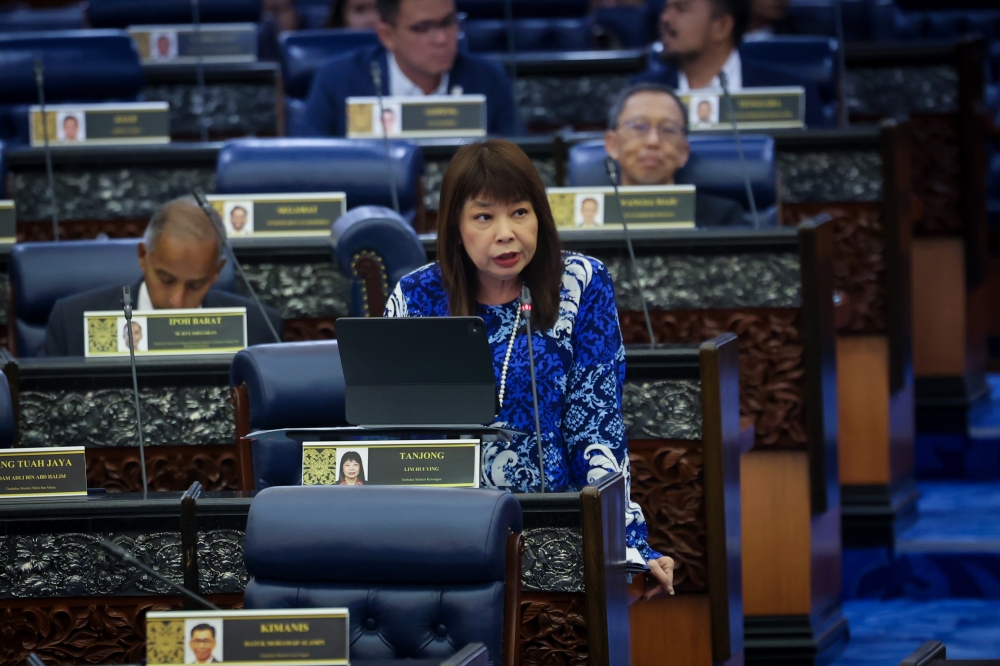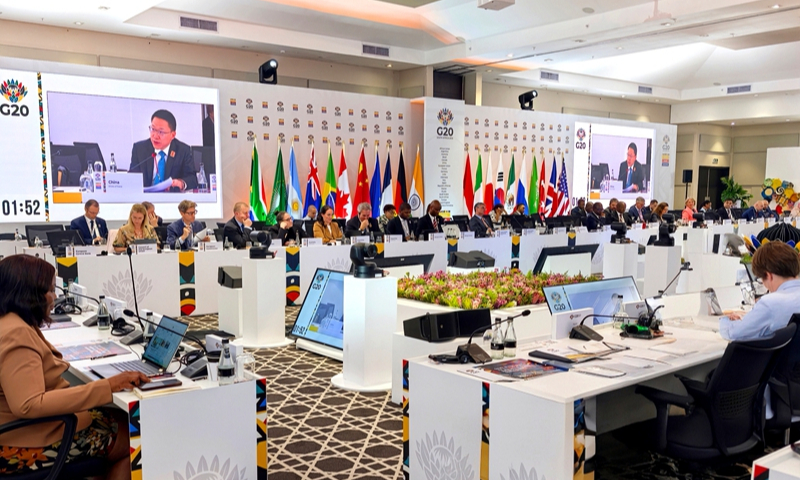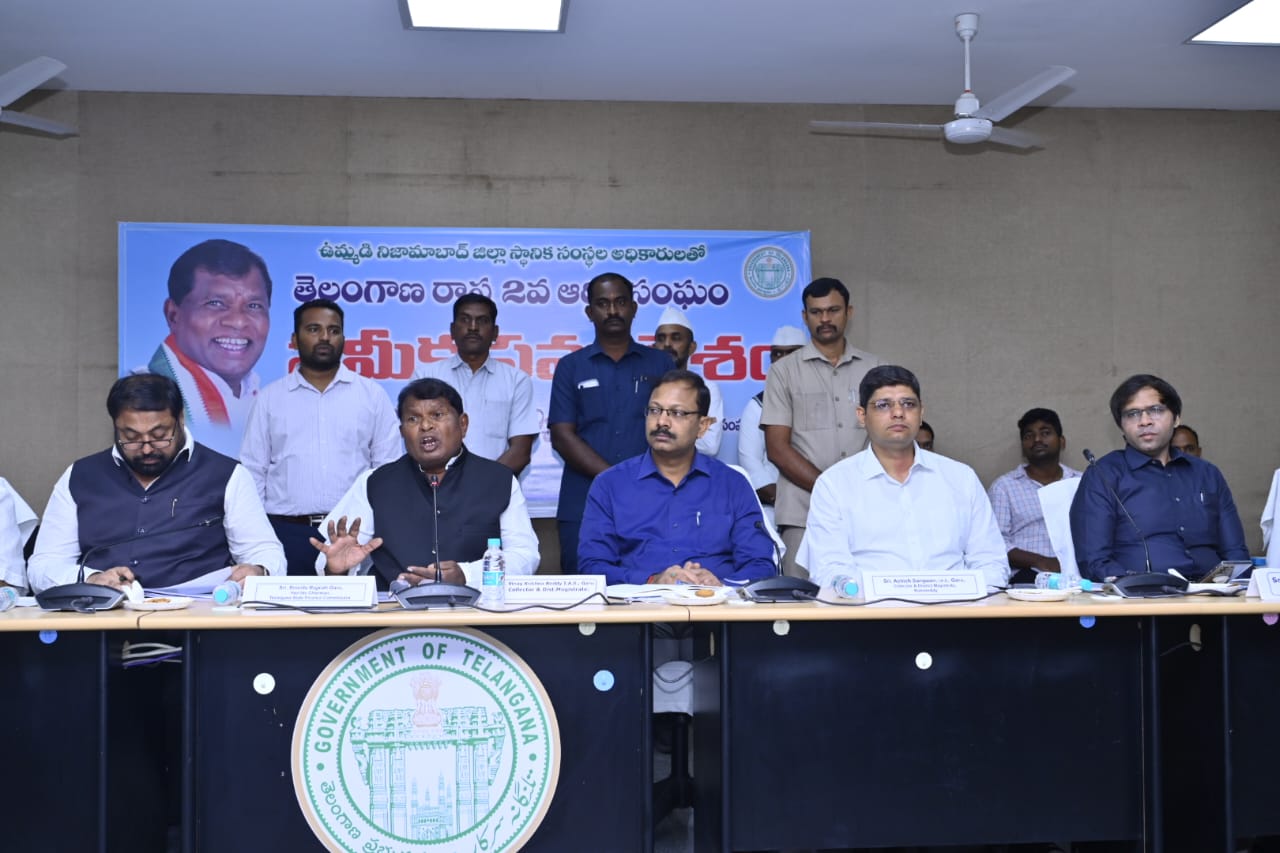BNPL Boom & Debt Concerns: Malaysian Finance Ministry Flags RM9.3 Billion Surge, Risks for Low-Income Groups

BNPL Transactions Soar in Malaysia, Raising Debt Concerns
Kuala Lumpur – Malaysia's 'buy now, pay later' (BNPL) sector is experiencing explosive growth, with transaction values reaching a staggering RM9.3 billion in the first half of 2025. However, this rapid expansion is accompanied by growing concerns about rising debt levels, particularly among vulnerable, low-income Malaysians, according to the Finance Ministry.
Recent data reveals a significant increase in BNPL usage. The number of transactions jumped from 83.8 million in the second half of 2024 to 102.6 million in the first half of 2025 – a substantial increase reflecting the growing popularity of this flexible payment option.
The BNPL Appeal and its Potential Pitfalls
BNPL services have gained immense traction in Malaysia due to their convenience and accessibility. They allow consumers to make purchases and spread the cost over time, often without upfront interest charges. This appeal is particularly strong for those seeking to acquire goods and services without immediate access to significant funds.
However, the ease of access and seemingly low initial costs can mask underlying risks. Many users, especially those with limited financial literacy or precarious income streams, may find themselves accumulating multiple BNPL debts, leading to a cycle of repayments that can quickly become unsustainable. The lack of comprehensive regulation in the BNPL space further exacerbates these risks, leaving consumers with limited recourse in case of disputes or financial difficulties.
Ministry's Concerns and Potential Solutions
The Finance Ministry has expressed its concern over the potential for BNPL to contribute to increased household debt, particularly among low-income groups. The ministry is actively evaluating the need for stricter regulations to protect consumers and ensure responsible lending practices within the BNPL sector.
Possible regulatory measures being considered include:
- Credit Reporting: Requiring BNPL providers to report user activity to credit bureaus, providing a more complete picture of an individual's financial standing.
- Affordability Assessments: Mandating BNPL providers to conduct thorough affordability assessments before extending credit to consumers.
- Interest Rate Caps: Implementing caps on late fees and interest charges to prevent debt from spiraling out of control.
- Financial Literacy Programs: Promoting financial literacy initiatives to educate consumers about the responsible use of BNPL services.
Looking Ahead: Balancing Innovation and Consumer Protection
The BNPL sector holds significant potential for innovation and economic growth in Malaysia. However, it's crucial to strike a balance between fostering this innovation and protecting consumers from potential harm. The Finance Ministry's ongoing efforts to regulate the sector are a positive step towards ensuring that BNPL remains a safe and sustainable financial option for all Malaysians. Consumers are also urged to exercise caution, carefully assess their ability to repay BNPL debts, and seek financial advice if needed. The future of BNPL in Malaysia hinges on a collaborative approach involving regulators, providers, and consumers, all working together to promote responsible financial practices.






